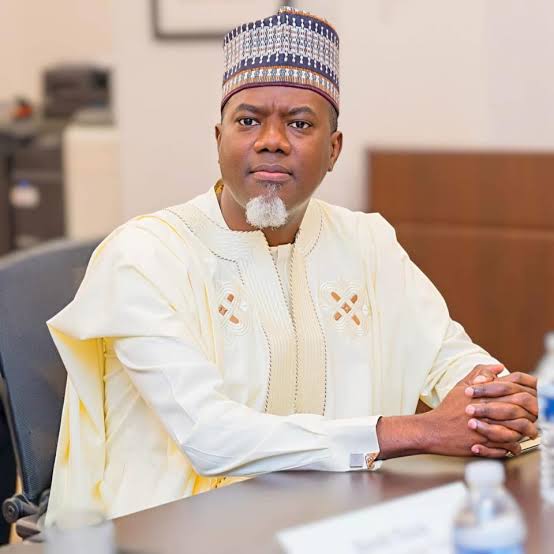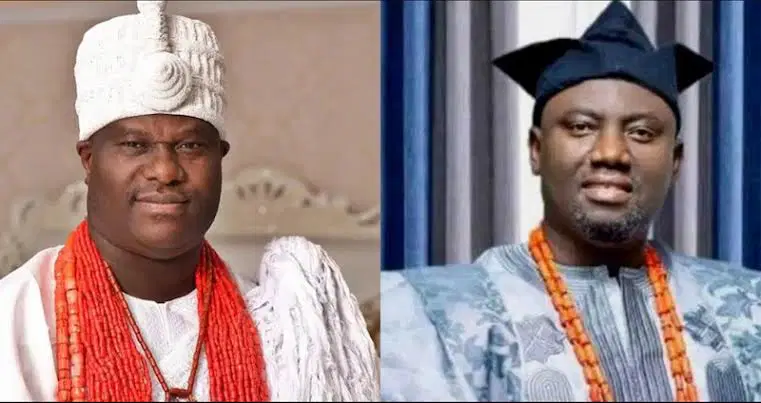Reno Omokri Advises Lagosians to Ditch ‘Aso Ebi’ Pressure and Party Culture for Financial Relief
Lagos, Nigeria – Renowned social commentator and former presidential aide to ex-President Goodluck Jonathan, Reno Omokri, has sparked a conversation on personal finance and cultural norms in Lagos, urging residents to reevaluate their spending habits amid rising economic pressures.
In a series of posts on his social media platforms, Omokri highlighted how the traditional Nigerian custom of ‘Aso Ebi’—the coordinated fabric outfits worn at weddings, birthdays, and other social events—along with the city’s notorious party scene, could be contributing to financial strain for many households.
“Lagosians need to wake up and smell the coffee,” Omokri stated in a viral tweet. “The obsession with looking flawless in matching outfits and hopping from one owambe [party] to another is not just a cultural flex—it’s a silent budget killer.”
Omokri, who served as a special assistant on new media to President Jonathan from 2010 to 2015, drew from his experiences as a public figure and commentator to emphasize the need for fiscal responsibility.
He argued that in a city like Lagos, where the cost of living is among the highest in Nigeria, unnecessary expenditures on social obligations could exacerbate poverty and hinder long-term financial stability.
“We’re in an era of economic uncertainty, with inflation soaring and job markets unstable. Yet, people are still prioritizing appearances over savings,” he added in an interview with local media outlet Channels Television.
‘Aso Ebi’, a staple of Nigerian social culture, involves groups of friends and family purchasing identical or complementary fabrics for events, often costing thousands of naira per yard.
While it fosters community and celebration, Omokri contends that the peer pressure to participate can lead to debt and financial mismanagement.
He pointed to statistics from the National Bureau of Statistics, which indicate that household debt in urban areas like Lagos has risen by 15% in the past year, partly due to discretionary spending.
The advice comes at a time when Nigeria’s economy is grappling with challenges such as fuel subsidy removal and currency fluctuations, making Omokri’s message resonate with many.
Social media users have flooded platforms with mixed reactions, with some praising his candidness. “Finally, someone said it!
I’ve skipped meals to buy Aso Ebi for a cousin’s wedding,” tweeted one Lagos resident, @LagosLifeHacks.
Others, however, defended the tradition, arguing that it strengthens social bonds and provides emotional support in a fast-paced city.
Omokri suggested practical alternatives, such as opting for simpler attire or attending fewer events, to redirect funds toward investments, education, or emergency savings.
“Financial freedom starts with small, conscious decisions. If we can break free from these cultural chains, we’ll build a more resilient society,” he said.
As Lagos continues to evolve as Africa’s most populous city, with its blend of opportunity and excess, Omokri’s call to action may prompt a broader dialogue on balancing tradition with modernity.
Whether his words will lead to a shift in behavior remains to be seen, but they have undoubtedly ignited a necessary conversation about the true cost of living large in Lagos.




